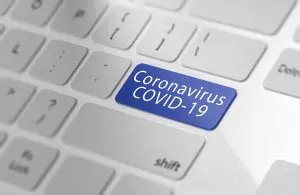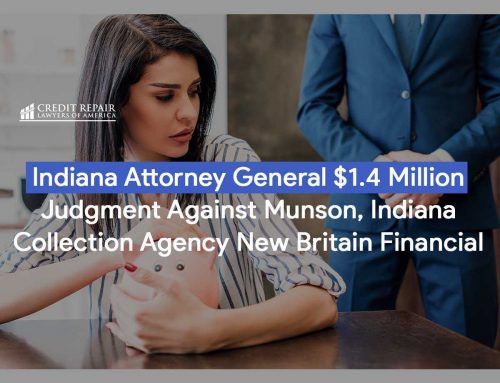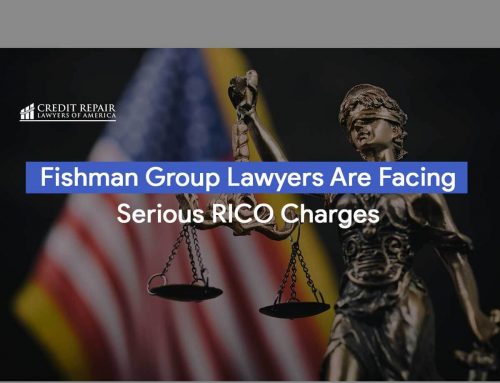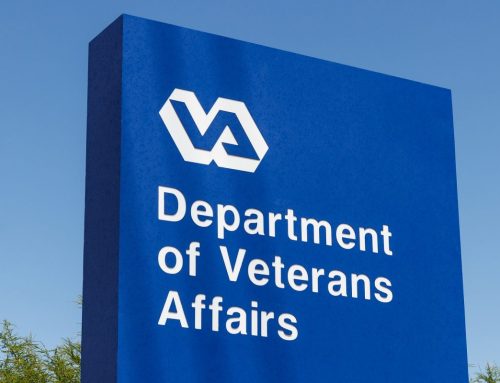Can Debt Collectors Take Your Coronavirus Stimulus Payment?
With 20.5 million Americans out of work due to coronavirus shutdowns, Congress passed the CARES Act, which gave many people a $1,200 stimulus to help them get by during tough times. As the COVID-19 pandemic drags on, many people are still struggling to pay regular bills; those that are deeply in debt are in even worse shape. If this describes your situation, you may wonder if your creditors may swipe that stimulus check out from under you. Are debt collectors authorized to take your coronavirus stimulus payment to pay outstanding debts?
The short answer is maybe.
In this article, we’ll explore situations where that may or may not be the case.

Are Stimulus Checks Subject to Garnishment?
If you owe a federal or state debt, such as tax debt or student loans, you don’t have to worry about your stimulus money being taken. According to the IRS, your stimulus payment will not be garnished or reduced to satisfy federal or state debts. However, if you owe past-due child support, this prohibition doesn’t apply. If you owe debt to a private entity like a bank or credit card company, your coronavirus check may be in jeopardy.
The Loophole in the First Round of Stimulus Payments
In an effort to pass the CARES Act quickly, Congress neglected to add any verbiage that would prohibit banks, collection agencies, or other private creditors from garnishing or seizing stimulus money to pay outstanding debt. This immediately created pushback. In a letter from a bipartisan coalition of attorneys general to Treasury Secretary Steven Mnuchin, Michigan Attorney General Dana Nessel asked the federal government to intervene and protect stimulus money from garnishment, stating that “If action is not taken to ensure this money is delivered to the people who need it, the sole purpose of the CARES Act will be defeated.” Despite these pleadings, at the time of this writing the IRS website still states that once the stimulus money is deposited into your bank account, it’s fair game for creditors.
Loopholes in the Loophole
While it was technically legal for creditors to garnish wages for old debt, that didn’t happen in every case. Banking giant JP Morgan Chase said it would not seize stimulus money to satisfy negative balances, and Wells Fargo said it would pause the collections for 30 days after the stimulus money was deposited. However, most major banks remained silent on the issue. Some savvy citizens sidestepped the problem by requesting a paper stimulus check from the IRS or withdrawing the money from their account immediately after it was deposited.
In the absence of any federal correction, several states, including Texas, Massachusetts, Illinois, Ohio, Oregon, and Washington, D.C., have passed laws or issued orders to prohibit debt collectors from taking stimulus money intended to help families keep the lights on and the fridge full during the economic and public health crises.
Stimulus 2.0
The US has now endured five months of the coronavirus pandemic, and given the spiking number of cases in several states, there’s no end in sight. Congress is talking about an additional stimulus package to provide further aid to struggling American families, the terms, dollar amounts, and income limits are yet to be determined. Luckily, closing the loophole for debt collectors is on Congress’s radar for the second bill. Senator Sherrod Brown (D-OH) released a statement on July 23, 2020, instructing the House to “ensure that the [stimulus] money allocated to working families by Congress goes to pay for food, medicine, and other necessities, not to debt collectors.” This statement gives hope that the next round of stimulus checks will fall under the same category of income as Social Security payments and receive the same protection from debt collectors.
If debt collectors are threatening to take your coronavirus stimulus check, call us at Credit Repair Lawyers of America at (888) 293-2882. You can also email us at [email protected] for a free, no obligation consultation.




